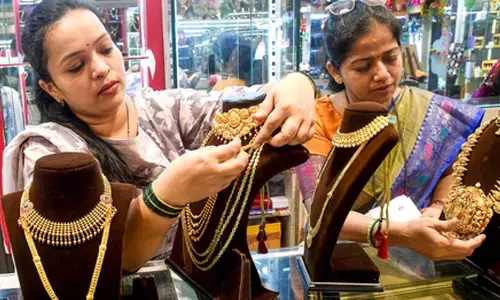A Forgotten Pioneer: The Inspiring Journey of S I Padmavathi

In a world often quick to forget its heroes, there lies a remarkable story that has largely gone untold—the story of S I Padmavathi, a Tamil Brahmin woman whose groundbreaking achievements in medicine deserve to be celebrated. While many English-speaking, Jesuit-educated Indians are familiar with the story of Florence Nightingale, the narrative of Padmavathi Iyer remains largely absent from history books.
Born in 1917 in Rangoon, Burma, to a middle-class family, Padmavathi, whose full name was Sivaramakrishna Iyer Padmavathi, defied the societal norms of her time. In an era when women were often confined to the kitchen and denied access to education, she pursued her dream of becoming a doctor. She enrolled at Rangoon Medical College and earned her MBBS degree, carving a path for herself in a male-dominated field.
When Japan invaded Burma during World War II, Padmavathi’s family returned to their ancestral home in Coimbatore, India. Undeterred by the challenges ahead, she embarked on a journey that would see her break barriers in the medical profession. In 1949, she travelled to London to pursue the prestigious FRCP—a feat unimaginable for a female Indian doctor at that time. Her thirst for knowledge led her to Johns Hopkins University, where she trained under the renowned cardiologist Helen Taussig, and later to Harvard University, learning from the Father of Cardiology, Paul Dudley White.
As a promising career in cardiology awaited her in the United States, Padmavathi made the courageous decision to return to India, determined to serve her fellow countrymen. In 1953, she joined Lady Hardinge Medical College, becoming India’s first female cardiologist. Her commitment to advancing cardiac care in India was unparalleled. She established the country’s first catheterization laboratory and an exclusive cardiac clinic, as well as the first DM
Cardiology course.
In 1962, Padmavathi founded the All India Heart Foundation (AIHF) to provide vital services to the underprivileged, ensuring that quality cardiac care was accessible to all. By 1967, her reputation had spread nationwide, earning her the Padma Bhushan from the Indian government under Prime Minister
Indira Gandhi.
Padmavathi’s influence extended beyond her clinical practice; she served as a cardiologist and administrator for three prominent medical institutions—Maulana Azad Medical College, G B Pant Hospital, and Lok Nayak Hospital—simultaneously. She retired as Director of Maulana Azad Medical College in 1978 but continued to make significant contributions by establishing the National Heart Institute (NIH) in Delhi in 1981.
Even at the age of 90, Padmavathi’s dedication to her profession did not wane. In 2007, she became a fellow of the European Society of Cardiology, showcasing her enduring commitment to medical excellence. Up until her retirement from active practice in 2015 at the age of 95, she worked tirelessly, dedicating 12 hours a day, five days a week, to provide state-of-the-art cardiac care for the poor.
The Indian government recognized her immense contributions once again when she was awarded the Padma Vibhushan, India’s second-highest civilian award, in 1992. Throughout her life, Padmavathi and her sister, Janaki—a neurologist—remained single, channelling their earnings into the Janaki-Padmavathi Trust, which provides financial assistance for life-saving heart surgeries for those in need.
After dedicating her life to serving the underprivileged in the field of cardiology, S I Padmavathi passed away in 2020 at the age of 103, succumbing to COVID-19.
Her story is a testament to the steely resolve, vision, brilliance, and sheer determination of an iron lady who shattered the glass ceiling in the medical profession. Padmavathi’s legacy serves as an inspiration, reminding us of the profound impact one individual can have on society.
As we celebrate the extraordinary lives of women who have paved the way for future generations, let us not forget the remarkable contributions of S I Padmavathi—a true pioneer in Indian cardiology.















